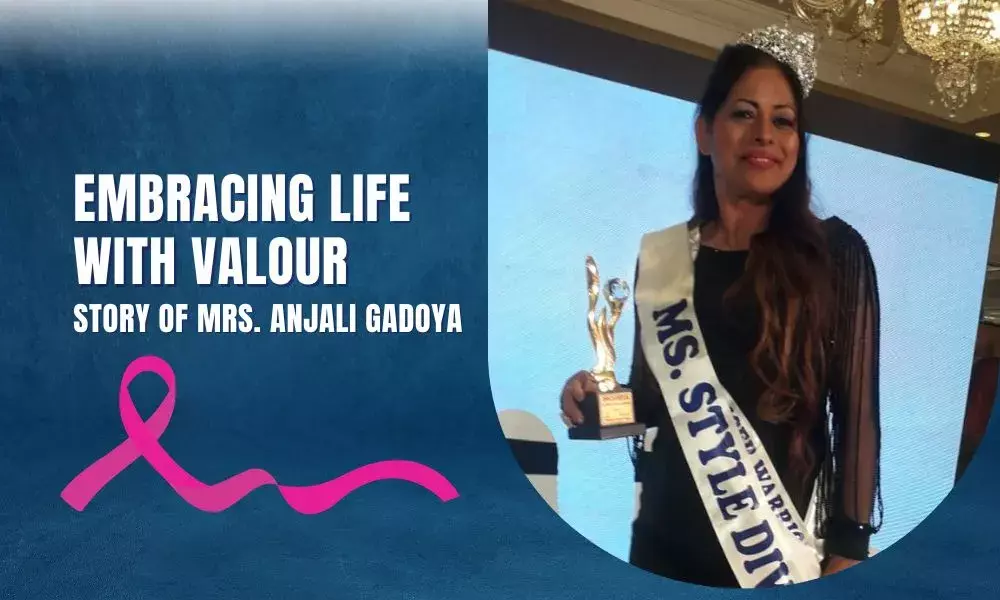Organ donors save lives when they give a part of themselves to save another person’s life, but they frequently struggle to obtain health insurance afterward. Companies either decline to offer them coverage or do so with several riders.
Donors and recipients said that while their current insurance covers the cost of the transplant and post-operative care, finding new, improved insurance after surgery is challenging.
The World Transplant Games in Perth, Australia, will feature an athletic competition for Shivraj Arekar, 31, an operations manager for a Pune-based real estate firm. On January 15, 2019, he gave a portion of his liver to his father, and his employer’s corporate insurance covered the transplant’s cost.
“In 2020, when I decided to leave the company, I looked for health insurance. I was informed that due to my surgery, no policy could be issued by the Insurance Regulatory and Development Authority of India (IRDAI) guidelines.
Arekar claimed that after applying to 8–10 insurance companies, they all turned down his request. “I filed a complaint with IRDAI when government insurance companies rejected my application. Then a company provided insurance without the donated organ. As soon as we obtained special permission and resubmitted my case, the second company concurred. After five months and numerous phone calls and visits, I finally received an Rs. 5 lakh cover, including my liver (a pre-existing condition), after a two-year waiting period,” the man continued.
The same issues affect recipients as well. Karhun Nanda, who underwent heart surgery in England and will lead the football team at the Games, is a heart recipient. “I played football competitively until 2015 and had a cover for a number of years. The same year, I had surgery, and stents were put in. A month later, I was diagnosed as a high-risk patient after doctors discovered that I had a weak heart. I had to have another procedure. Even though my hospital claimed they were unrelated, the insurance company refused to pay when the hospital emailed them, claiming that I had concealed my medical history. I gave 10 lakh rupees. I attempted to obtain medical insurance, but my applications were rejected. I currently have no protection. Nanda said, “I could afford the 30,000–50,000 rupees I needed for medicine”.
In order to obtain a kidney for his wife, Mumbai-based software engineer Vijay Bahadur Yadav traded kidneys with a patient. He had the transplant in June 2018 and will compete in several sports for India at the World Transplant Games.
He declared, “I’m ready to compete in a worldwide sporting event, but insurance companies won’t cover me. Thank goodness my employer pays for my health insurance through the corporate plan.
According to Bhaskar Nerurukar, head of the health administration team at Bajaj Allianz General Insurance, organ donor cases are not handled differently for underwriting and premiums, and there is no differential pricing.
In such cases, he said, they may review a claim based on a medical condition that developed after an organ donation and advise detailed medical tests before making a decision.
The majority of health insurance policies include an inbuilt provision for organ donor transplants, according to Amit Chhabra, business head of health insurance at Policybazaar.com, one of the largest insurance marketplaces.
“Subject to terms and conditions, an existing policy will pay for the cost of a transplant. However, given the complexity of the illness, a new one will emerge. The insurer may issue the policy for a minor transplant. He added that you might not be covered by health insurance if it’s a major procedure like a kidney transplant.
He continued by saying that some businesses calculate premiums for these clients using a loading-based method.
IRDAI officials did not return several calls and emails until Thursday.
According to Dr. Rajneesh Sahai, insurance companies might be prejudiced against organ donors and recipients, who may experience problems after transplants.
“The finance ministry oversees the IRDAI. We could ask the finance ministry to ask the health ministry to tell IRDAI to stop discriminating against organ donors and recipients,” the official said.





